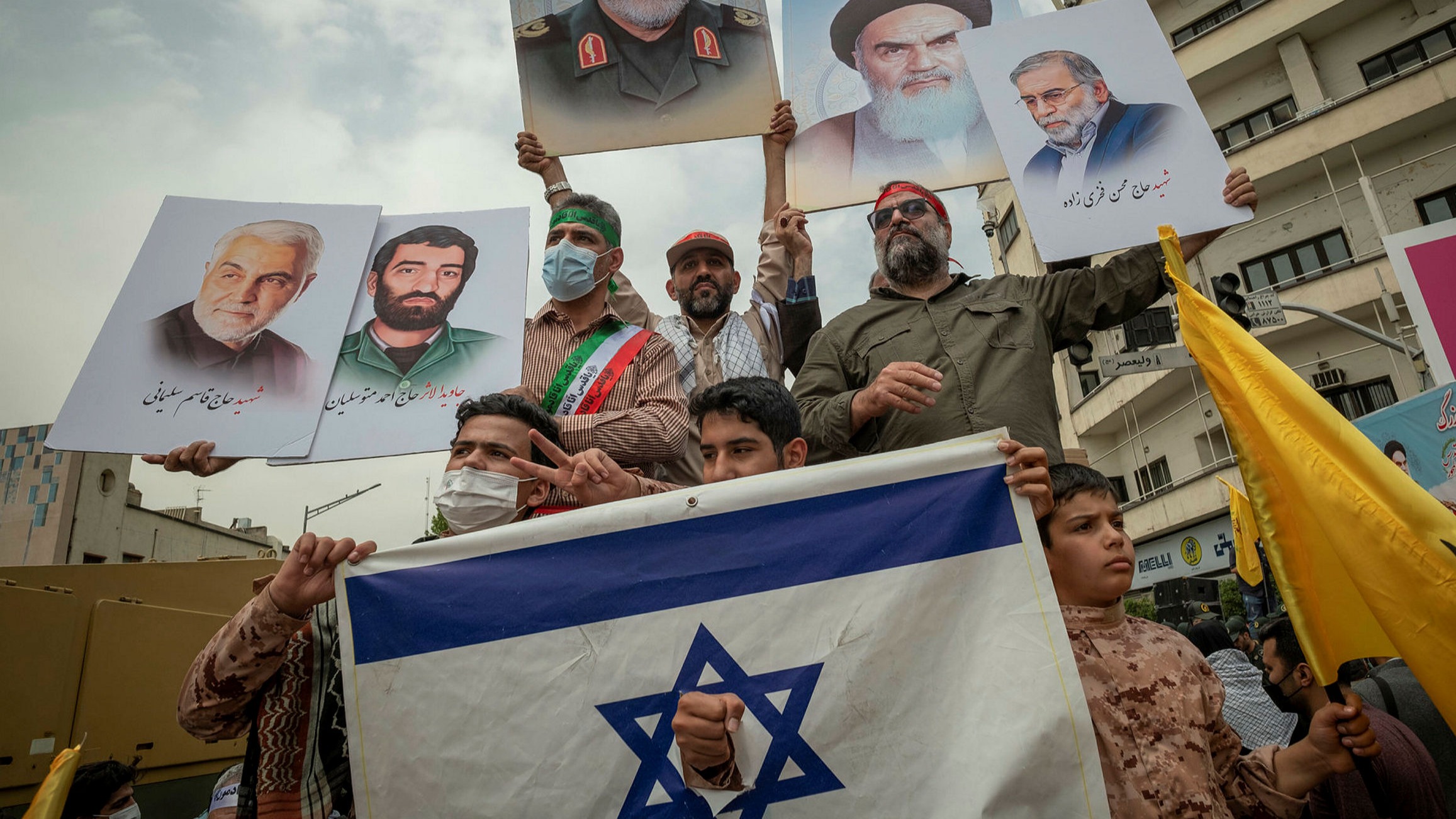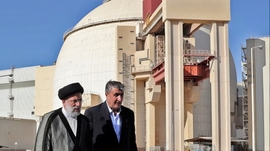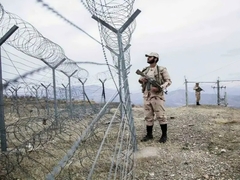The authorities of Iran have expressed renewed concerns over the ongoing reconciliation process between Israel, Tehran’s sworn enemy, and Saudi Arabia, viewing it as a threat to regional peace and stability.
Tehran’s concerns were voiced during a weekly press briefing on Monday by the Foreign Ministry’s Spokesperson, Nasser Kanaani. His remarks came after a statement by US President Joe Biden regarding Washington’s increased efforts to broker a deal between Tel Aviv and Riyadh.
On July 27, the US National Security Adviser, Jake Sullivan, met with the Saudi Crown Prince, Mohammed bin Salman, in Riyadh to discuss initiatives for “a more peaceful, secure, prosperous, and stable Middle East.”
Kanaani was quoted by Iran International, saying,
“It is quite clear that strengthening and stabilizing the position of the Zionist regime in the region has been America’s top priority for many years. However, what happened in practice was allowing the Zionist regime to increase its crimes against the Palestinian nation.”
Kanaani added that the Islamic Republic’s authorities pursue a policy of good neighborliness and dialogue to resolve regional disputes.
In late 2020 and early 2021, Israel established official diplomatic relations with the United Arab Emirates and Bahrain, known as the Abraham Accords. Regarding the rapprochement with Saudi Arabia, Prime Minister Benjamin Netanyahu’s national security adviser indicates that there is “still a long road” to go, given the reluctance of members of Tel Aviv’s government to make concessions to Palestinians as part of any deal.
A potential normalization deal between Saudi Arabia and Israel would require “significant concessions” to the Palestinians, as the Saudi authorities are not inclined toward a deal that could exclude “significant action on the ground” by the Jewish state regarding the Palestinian issue.
Israeli and Palestinian authorities have been working towards a solution to the decades-old conflict between them. The proposed settlement aims to find a mutually acceptable resolution to the Israeli-Palestinian conflict by establishing two separate states: Israel for the Jewish people and Palestine for the Palestinian people.
In 1993, the Israeli government and the Palestine Liberation Organization (PLO) collaborated on a plan to implement a two-state solution as part of the Oslo Accords, leading to the establishment of the Palestinian Authority (PA).
However, the authorities in Iran describe the two-state solution as “a betrayal of the Palestinian cause.” The country’s rulers call for “the annihilation of the Zionist entity” instead of engaging in negotiations with it.
“Peace with the Zionist regime will not help the Palestinian nation; Iran considers any step taken towards the recognition of the regime neither in the interest of Palestine nor in the interest of peace and security in the region,” the Islamic Republic’s Foreign Ministry Spokesperson Nasser Kanaani said on Monday.
Jaber Rajabi, a political analyst and activist, firmly believes that although Tehran portrays itself as sympathetic to the Palestinians and advocates for their cause, it never truly supports the peace and stability efforts led by the Palestine Liberation Organization. Instead, it only backs militant groups.
Rajabi told Iran International that the Islamic Republic views the Palestinian issue as a “bargaining chip” to keep the region in constant crisis, which aligns with its pursuit of geopolitical gains.







 Iran is moving to fortify its eastern border with Afghanistan in a bid to fight illegal migration and drug trafficking, along with enhancing security.
Iran is moving to fortify its eastern border with Afghanistan in a bid to fight illegal migration and drug trafficking, along with enhancing security.
 Maria Zakharova, the spokeswoman for the Russian Foreign Ministry, has firmly stated that Russia categorically rejects any suggestion of exchanging...
Maria Zakharova, the spokeswoman for the Russian Foreign Ministry, has firmly stated that Russia categorically rejects any suggestion of exchanging...
 The Chief of the Atomic Energy Organisation of Iran (AEOI) said that the country has allowed more than 130 inspectors of the International Atomic E...
The Chief of the Atomic Energy Organisation of Iran (AEOI) said that the country has allowed more than 130 inspectors of the International Atomic E...



